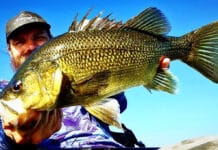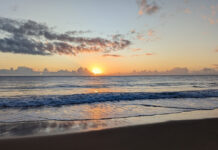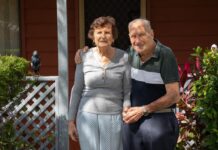
The successful #LessIsMore campaign will continue in the Bundaberg Region next year to ensure a healthy Great Barrier Reef.
The Burnett Local Marine Advisory Committee (Burnett LMAC) was thrilled to receive funding to champion the project again in 2020-21.
Hosted by Bundaberg Fruit and Vegetable Growers, the Burnett LMAC’s #LessIsMore project is funded by the partnership between the Australian Government’s Reef Trust and the Great Barrier Reef Foundation.
BFVG managing director Bree Grima said the organisation was pleased to again be involved with the #LessIsMore project.
“With the ban on single-use plastics fast approaching in 2021, now is the perfect time for businesses to investigate and consider sustainable alternatives,” Ms Grima said.
“Everyone has a role to play in protecting the Reef, and the horticulture industry is working hard towards ensuring its activities are sustainable, this project is an opportunity for all businesses to contribute towards a healthier Reef”.
Activities proposed by the Burnett LMAC through the #LessIsMore campaign will address well-established threats to the Great Barrier Reef such as marine debris and climate change.
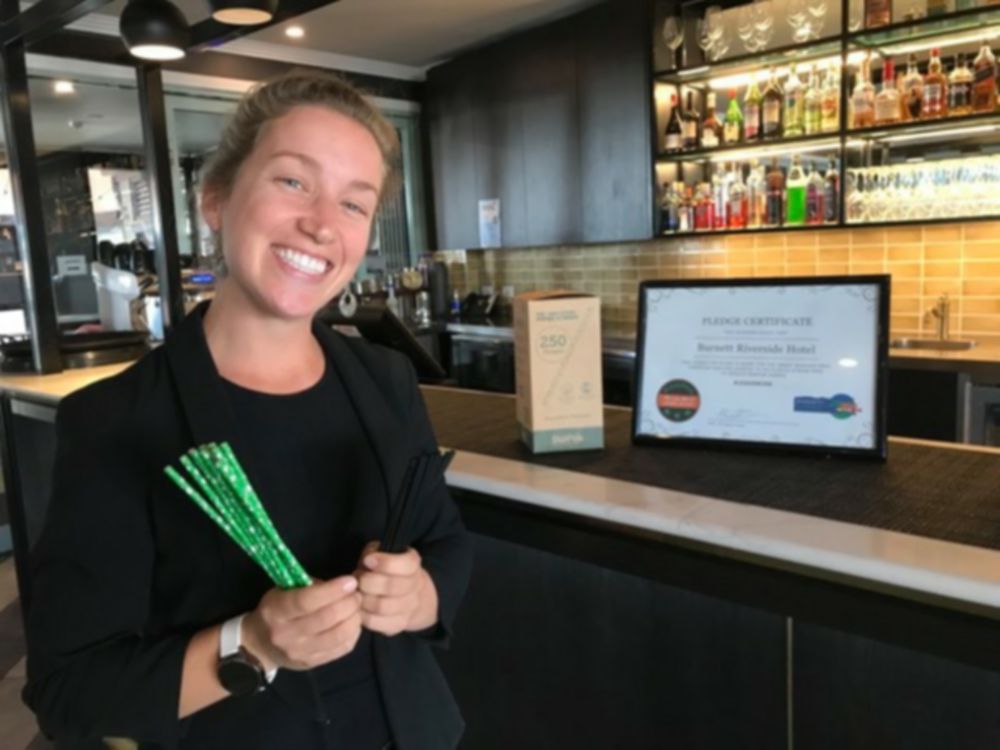
Through the #LessIsMore campaign last year, nearly 500 Bundaberg teachers and students participated in beeswax wrap workshops, preventing 38km of single-use plastic clingwrap being used (over a year).
#LessIsMore sports clubs, bars and restaurants also removed 17,750 plastic straws from circulation with 11 organisations pledging to go plastic straw free.
The community increased its awareness of cigarette butt littering identifying ‘cigarette butt hot spots’ around Bundaberg.
Students from St Joseph’s Catholic Primary School also designed signage to increase awareness of cigarette butt littering, encouraging people to use a bin – “Your butt in a bin, for the Reef, is a win!”
“When we grab a plastic straw, wrap sandwiches in clingwrap or even grab a plastic water bottle, we don’t think about the long-term impacts that decision has, with those plastics persisting for hundreds of years in our environment,” said Sue Sargent, Chair of Burnett LMAC.
“It’s time to break some of those habits and think about how we want the world to look in the future.”
So, what’s in store for this coming year?
Back by popular demand is another train-the-trainer beeswax wraps session for teachers, group leaders and charitable organisations wanting to make beeswax wraps with their own organisations.
Project volunteers will be continuing to monitor cigarette hot spots, and encouraging smokers to ‘ditch the flick.’ The project would also like to hear from businesses that may want to clean up their area by adopting a cigarette butt bin.
A portable water bottle refill station will be purchased and made available to hire through Bundaberg Regional Council for community events and field days encouraging us all to BYO bottle.
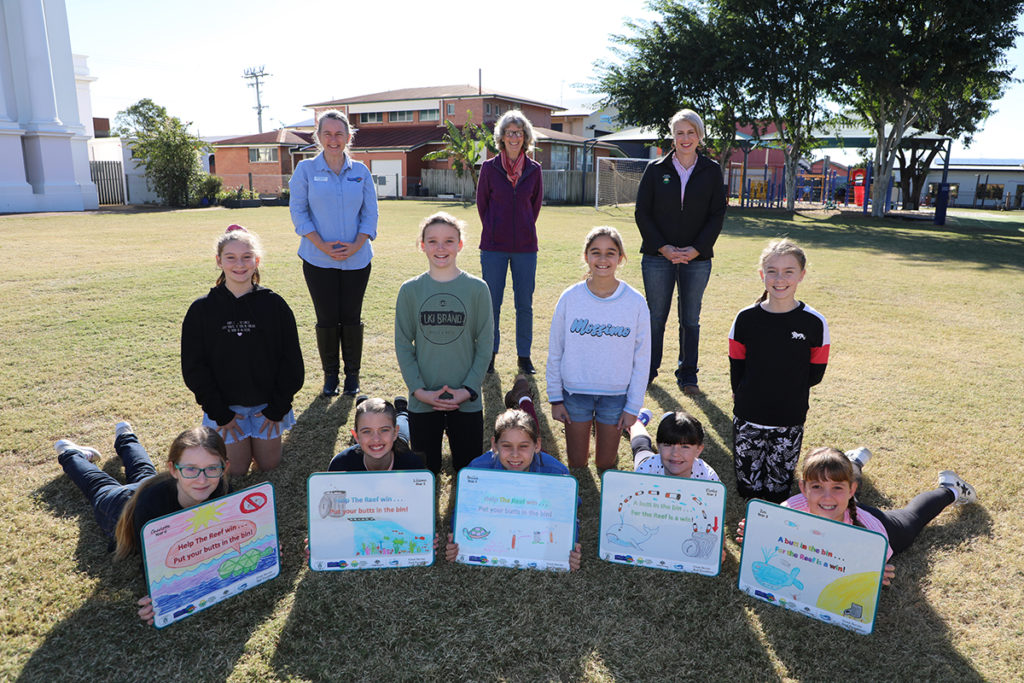
The project team will also continue to distribute the #LessIsMore paper straws (now available in standard and smoothie), swapping them for plastic in the lead up to the single-use plastic ban from July next year.
The collected plastic straws will be repurposed into a plastic bench, as a constant reminder of the impacts that single-use plastics have on our marine environment and species like Bundaberg’s loggerhead and green turtles.
Great Barrier Reef Foundation managing director Anna Marsden said every Australian has a role to play in saving this irreplaceable ecosystem, and through these grants, we’re bringing together people and science with practical local actions to save our Reef and its marine life.
“These grants deliver practical, on-ground actions, including everything from promoting sustainable fishing to improving creek habitats and reducing litter and marine debris entering the Reef catchments,” Ms Marsden said.
“These projects will add to the more than 60 Reef-saving projects the Foundation is delivering right now with more than 65 partners.”

